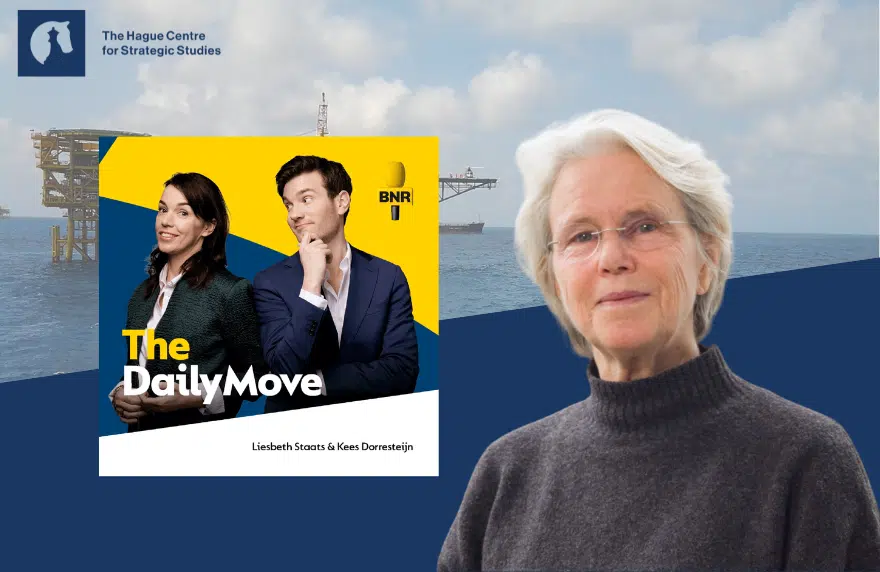Als we de jongeren op het Puerta del Sol-plein in Madrid moeten geloven, protesteren ze voor de revolutie, tegen het kapitalisme en voor echte democratie. Wat dat laatste is, weet ik niet. Vermoedelijk bedoelen de jongeren dat de heersende politieke elite in de weg staat. Want die zou verantwoordelijk zijn voor ongekende werkloosheid en economische uitzichtloosheid.
De redenen om massaal hun tenten op het plein op te slaan zijn feitelijk dezelfde als die van de protesteerders in Tunesië of Egypte: geen werk, geen perspectief en een politieke elite die zijn legitimiteit verloren heeft. Het grote verschil met hun Arabische broeders en zusters: Spanjaarden mogen naar de stembus. Maar ook daarin schijnen veel Spanjaarden geen fiducie meer te hebben. Eén miljoen kiezers stemden blanco tijdens de recente regionale verkiezingen. En de Socialistische Partij van premier José Luis Zapatero werd weggevaagd.
Tentenkampen zijn een nieuwe fase in de onrust die de financiële crisis in het zuiden van Europa veroorzaakt. De pijlen van de onvrede worden nu gericht op het politieke systeem zelf. In andere landen, zoals Nederland, leidde de onvrede over het falen van de politieke elite tot de opkomst van het populisme. Verlamd door het morrend electoraat, zijn politici in veel landen niet meer in staat complexe problemen te benoemen, laat staan ze op te lossen.
Dat een financiële crisis tot een stagnerende economie, dus tot maatschappelijke onvrede en politieke instabiliteit leidt, ligt voor de hand. Maar de situatie lijkt nu zover te escaleren dat het politieke bouwwerk van de Europese Unie zelf wordt ondermijnd.
Het is daarom geen toeval dat in de wetenschappelijke wereld druk gespeculeerd wordt over de ondergang van de Europese Unie.
Politicoloog Sebastian Rosato verklaart in het tijdschrift International Security de malaise door het wegvallen van de Sovjet-Unie. Voor de Europeanen zijn er door het wegvallen van die vijand geen overtuigende redenen meer om economisch en militair te integreren. Want tegen niets of niemand hoeft meer een vuist te worden gemaakt.
Rosato toont aan dat er sinds 1990 geen echte vorderingen met de Europese Unie zijn gemaakt. Een gezamenlijke defensie is er nooit gekomen en betekenisvolle stappen naar een politieke unie bleven uit. En dat terwijl elke deskundige weet dat een muntunie de laatste stap in een proces van politieke eenwording moet zijn. In Europa is dat andersom. Door de crisis is de solidariteit zo geërodeerd dat die politieke unie verder weg dan ooit is.
Het gebrek aan solidariteit is ook voor de Amerikaanse politicoloog Henry Farrell en zijn Australische collega John Quiggin (in het blad Foreign Affairs) een belangrijk thema. Zij voorspellen dat door dogmatisch bezuinigen de Europese economieën onherstelbaar beschadigd zullen worden. Met Nobelprijswinnaar Paul Krugman van de New York Times, menen zij dat een combinatie van kwijtschelding van schulden en hulp van rijke aan arme lidstaten de enige oplossing is. Maar dit wordt door het politieke klimaat in Europa (‘geen cent naar spilzieke Grieken’) steeds lastiger.
Dat dit tot de ondergang van de unie en economische chaos in de lidstaten leidt, is voor hen denkbaar. Zo bezien zijn er in de nabije toekomst tentenkampen in alle hoofdsteden van de unie te verwachten.
Trouw






